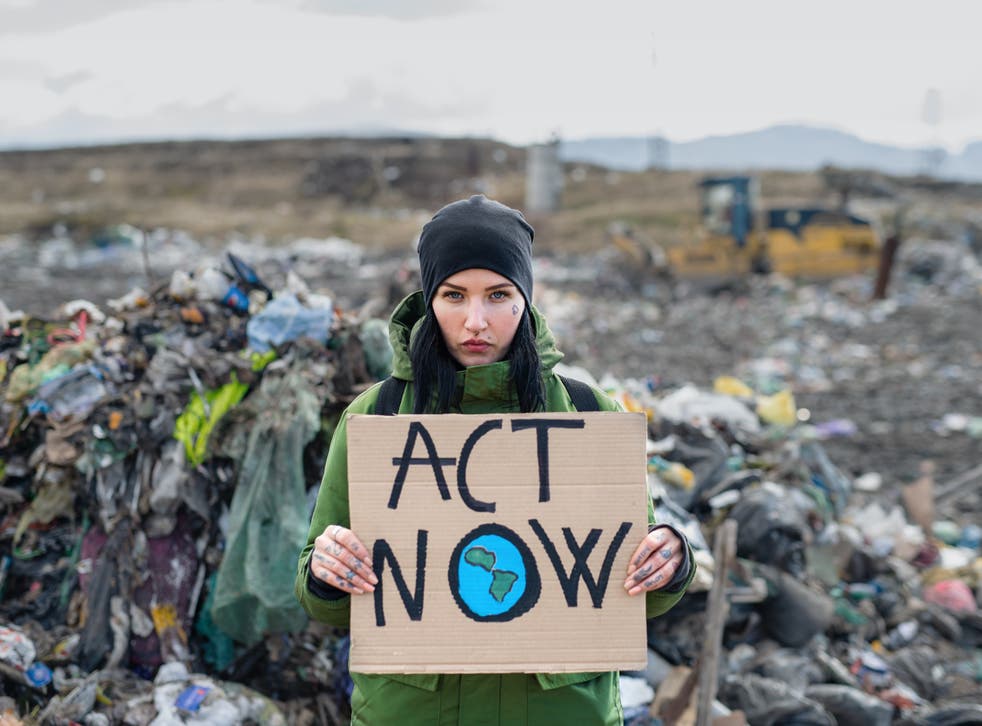
By Jiata Ekele
Nearly half of the global youth surveyed (45%) say climate anxiety and distress affect their daily lives and functioning — according to the largest scientific study into climate anxiety in children and young people, which is under peer review in the scientific journal Lancet Planetary Health.
Based on surveys with 10,000 children and young people (16-25) across 10 countries, the inaugural study found 75% of young respondents believe ‘the future is ‘frightening’ — jumping to 81% of youth surveyed in Portugal and 92% in the Philippines.
For the first time, it found that climate distress and anxiety are significantly related to perceived government inaction and associated feelings of betrayal. 58% of children and young people surveyed said governments were “betraying me and/or future generations”, while 64% said their governments are not doing enough to avoid a climate catastrophe.
The study found widespread psychological distress among children and young people globally and warns “such high levels of distress, functional impact and feelings of betrayal will negatively affect the mental health of children and young people.”
Experts warn that because continued government inaction on climate change is psychologically damaging, it potentially amounts to a violation of international human rights law.
Caroline Hickman, from the University of Bath, Climate Psychology Alliance and co-lead author on the study said that the study paints a horrific picture of widespread climate anxiety in our children and young people.
“It suggests for the first time that high levels of psychological distress in youth are linked to government inaction. Our ‘children’s anxiety is a completely rational reaction given the inadequate responses to climate change they are seeing from governments. What more do governments need to hear to take action?”
Dr Liz Marks, from the University of Bath and co-lead author on the study, said: “It’s shocking to hear how so many young people from around the world feel betrayed by those who are supposed to protect them. Now is the time to face the truth, listen to young people, and take urgent action against climate change.”
Mitzi Tan, a 23-years-old Philippines, narrated how he grew up being afraid of drowning in his bedroom.
“Society tells me that this anxiety is an irrational fear that needs to be overcome — one that meditation and healthy coping mechanisms will ‘fix.’ At its root, our climate anxiety comes from this deep-set feeling of betrayal because of government inaction. To truly address our growing climate anxiety, we need justice.”
Additional findings from the study include that 59% of children and young people surveyed were very or apprehensive about climate change. More than half of respondents said they had felt afraid, sad, anxious, angry, powerless, helpless, and/or guilty.
Also, 55% of respondents felt they would have fewer opportunities than their parents. 65% felt governments were failing young people, while 61% said the way governments deal with climate change was not “protecting me, the planet and/or future generations”.
Additionally, almost half (48%) of those who said they talked with others about climate change felt ignored or dismissed. Young people surveyed from the Global South expressed more worry and a greater impact on functioning, while young people surveyed in Portugal (which has seen dramatic increases in wildfires since 2017) showed the highest level of worry amongst those from the Global North.
The study concludes that governments must respond to “protect the mental health of children and young people by engaging in ethical, collective, policy-based action against climate change.”
The research comes after UNICEF released a report into the physical threat climate change poses to children, with one billion children at ‘extremely high risk’ of the impacts of the climate crisis.
The study was carried out by academics from a range of institutions: The University of Bath, the University of Helsinki, NYU Langone Health, University of East Anglia, Stanford Medicine Centre for Innovation in Global Health, and Oxford Health NHS Foundation Trust, The College of Wooster, Climate Psychiatry Alliance.
Avaaz funded the costs of the survey. Avaaz is funded by small donations from citizens worldwide, allowing us to finance urgently needed quantitative research in the emerging field of climate psychology. Avaaz has been campaigning on climate change for over a decade.











